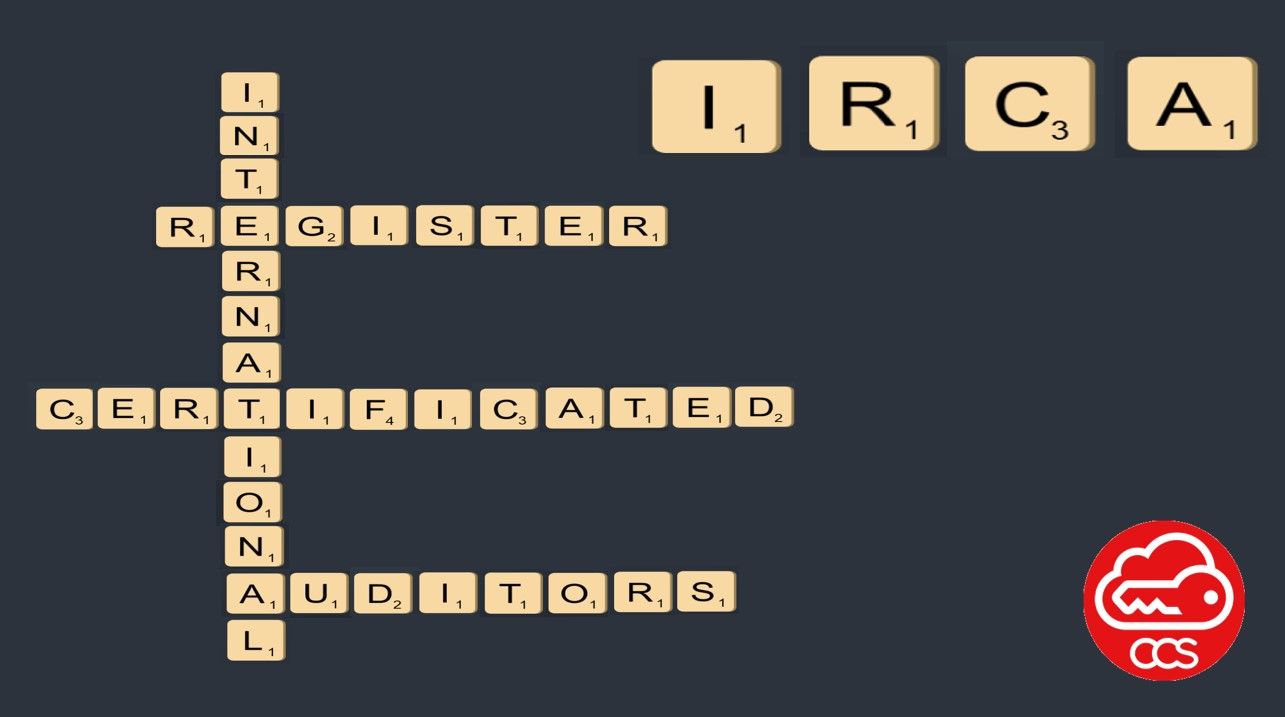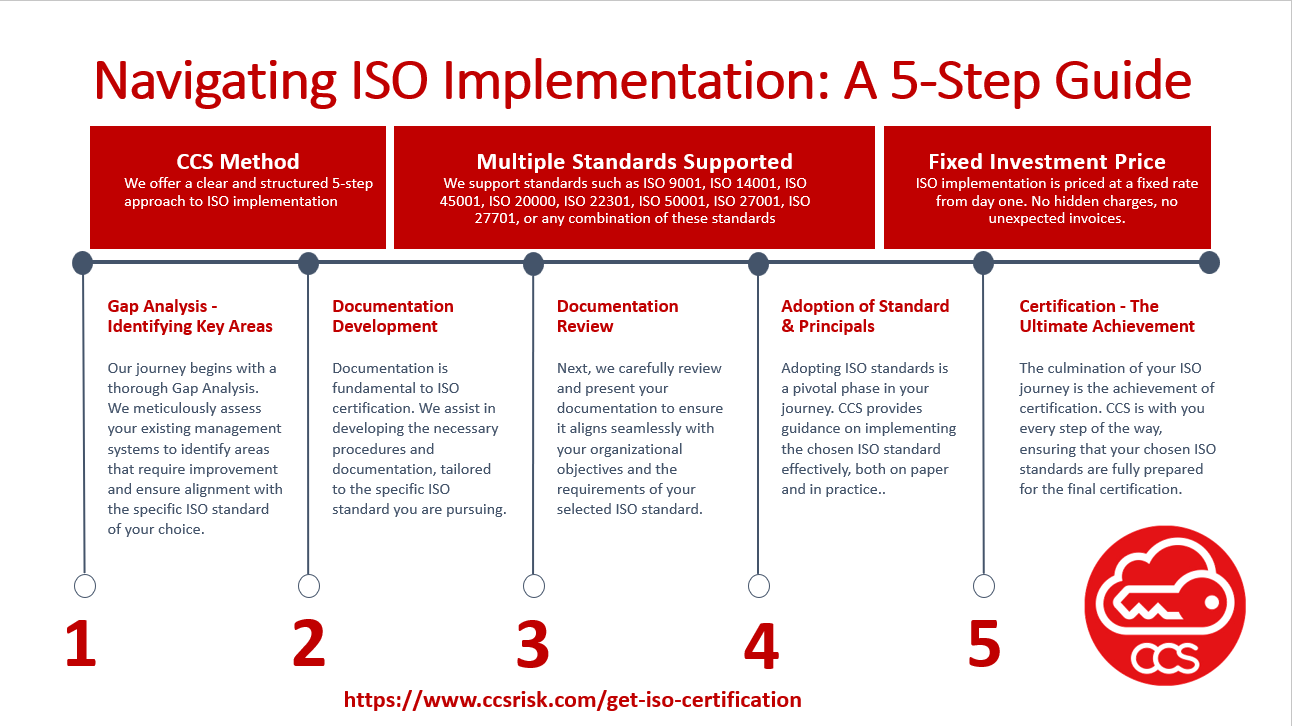Navigating ISO Implementation:
Choosing the Right Consultancy Approach for Successful Certification
In the journey toward ISO certification, businesses face critical decisions regarding how to approach implementation. Selecting the appropriate consultancy method can significantly impact the likelihood of successful implementation and eventual certification. Let's delve into how each approach influences the path to certification, considering the pros and cons of each method.
Pre-Written Processes or FAQs: A Convenient Starting Point
Using pre-written processes or FAQs provided by a consultancy company offers a straightforward entry into ISO implementation. Here's how this approach impacts certification success:
Pros:
- Cost-Effectiveness: The affordability of pre-written processes can be appealing, especially for businesses with constrained budgets. However, cost savings should not compromise the quality of implementation.
- Accessibility: These resources offer accessible guidance, allowing businesses to initiate implementation promptly. However, accessibility alone does not guarantee completeness or alignment with organizational needs.
- Flexibility: Pre-written processes can be tailored to some extent, providing flexibility in implementation. Yet, customization may not address all unique organizational requirements, potentially leading to gaps.
- Self-Paced: Implementing ISO standards using pre-written processes enables businesses to progress at their own pace. However, self-paced implementation requires discipline to maintain momentum and avoid delays.
Cons:
- Lack of Expertise: Without specialized expertise, businesses may struggle to address complex ISO requirements adequately. This lack of expertise could hinder successful implementation and certification.
- Limited Support: While pre-written processes offer guidance, they may lack the personalized support needed to navigate implementation challenges effectively. Insufficient support increases the risk of overlooking critical aspects of compliance.
- Risk of Gaps: Pre-written processes may not fully align with the organization's specific context, leading to gaps in implementation. These gaps could jeopardize certification readiness by leaving areas of non-conformity unaddressed.
- Quality Assurance: Implementing ISO standards without expert oversight may result in inaccuracies or inefficiencies that compromise the quality of the management system. Poor quality may impede successful certification.
Engaging IRCA Qualified Consultants and a Defined Implementation Methodology: Expert Guidance for Certification Success
Alternatively, partnering with consultancy firms employing IRCA qualified consultants and a structured implementation methodology offers a robust path to certification. Here's how this approach impacts the journey:
Pros:
- Expertise and Certification: IRCA qualified consultants possess specialized knowledge and certification in ISO standards, ensuring thorough implementation aligned with international best practices. Their expertise significantly enhances the chances of successful certification.
- Tailored Solutions: Consultants tailor implementation strategies to meet the organization's unique needs and challenges, optimizing compliance and certification readiness. Tailored solutions address specific requirements, reducing the risk of non-conformities.
- Comprehensive Approach: A defined implementation methodology covers all aspects of ISO compliance systematically, leaving no room for oversight. This comprehensive approach instills confidence in the management system's readiness for certification.
- Quality Assurance: Working with IRCA qualified consultants provides assurance of quality and compliance throughout the implementation process. Their oversight minimizes errors and ensures the effectiveness of the management system, facilitating successful certification.
- Risk Mitigation: Consultants identify and mitigate implementation risks effectively, minimizing disruptions and ensuring a smooth certification journey. Their proactive approach anticipates challenges and addresses them promptly, reducing the likelihood of certification delays.
Cons:
- Potentially Higher Cost: Engaging IRCA qualified consultants may entail higher upfront costs compared to using pre-written processes. However, the investment in expert guidance often pays off in the form of successful certification and long-term compliance.
- Dependency: Businesses may become reliant on external consultants for expertise, potentially hindering internal capabilities. However, collaborative engagement with consultants can foster knowledge transfer and build internal capacity over time.
- Time Commitment: Implementing ISO standards with consultancy support may require a significant time commitment from internal staff. However, the structured approach and expert guidance streamline the process, minimizing disruptions to daily operations.
Conclusion: Choosing the Path to Certification
Selecting the right consultancy approach is paramount for successful ISO implementation leading to certification. While pre-written processes offer convenience, engaging IRCA qualified consultants with a structured methodology significantly enhances the likelihood of certification success. By investing in expert guidance, tailored solutions, and comprehensive support, businesses can navigate the certification journey with confidence, ensuring compliance and competitiveness in today's global marketplace.





